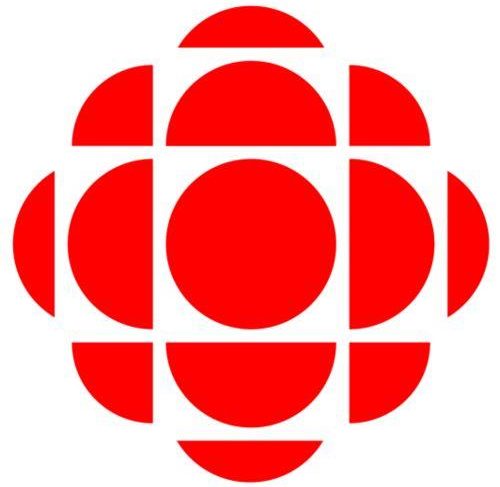
MONTREAL — Quebecor today publicized the intervention it filed with the CRTC, asking to appear at the public hearing into CBC/Radio-Canada’s licence renewal in May, where it will argue the public broadcaster needs to be given a clear public service mandate.
In a news release issued Monday, Quebecor says it agrees with the Broadcasting and Telecommunications Legislative Review panel report that CBC/Radio-Canada should be “animated by a public purpose and not a commercial one.”
Among the questions Quebecor would like raised during the public hearing are the following:
- Is it desirable for the public broadcaster to be driven by a culture of performance and financial return rather than a public service culture?
- How does carrying foreign content such as U.S. blockbusters and television series fulfil CBC/Radio-Canada’s mandate?
- Is it fair to ask taxpayers to pay for a Tou.tv Extra subscription to access content they have already paid for with their taxes?
“CBC/Radio-Canada must once again become a strong public broadcaster with a mandate that revolves more around supporting the development of Québec and Canadian culture, and the work of our artists and creators,” said Pierre Karl Péladeau, president and CEO of Quebecor, in the news release. “At a time when the television industry is struggling, forcing the private sector to compete with a broadcaster that has guaranteed revenues from public funds is clearly unfair. The equilibrium of our television broadcasting system is at stake. Many of us in the broadcasting community have been complaining for years that the public broadcaster has gone astray. The CRTC and the government are in a position to take action.”
France Lauzière, president and CEO of TVA Group and chief content officer of Quebecor Content, added: “Given that it receives substantial parliamentary appropriations, CBC/Radio-Canada should not be subject to commercial performance requirements. We therefore believe the public broadcaster’s role should be clarified and reformulated to promote more programming in certain categories and put greater emphasis on areas such as international news coverage, investigative reporting, and supporting and showcasing talented Canadian artists instead of buying foreign formats. That would make the public and private broadcasters truly complementary and provide viewers with a compelling, relevant and much more complete range of television programming.”
In its intervention (French only), Quebecor argues, among other things, that the public broadcaster’s advertising revenues should be eliminated, it should be prohibited from broadcasting foreign programming during prime time (between 7 p.m. to 11 p.m.) except for certain specific program categories, its conditions of licence regarding local news programming should be more demanding than those imposed on the private sector (especially on TVA, the intervention says), Tou.tv Extra should be required to cease its activities, and the mandatory distribution orders to the basic service of the national specialty news services of the CBC, RDI and CBC News Network should not be renewed in official language minority community markets.
Quebecor’s intervention was filed on the last day the CRTC was accepting intervenor submissions. CBC/Radio-Canada has until March 6 to reply to interventions. The public hearing into the broadcaster’s licence renewal is scheduled to open on May 25 in Gatineau.


